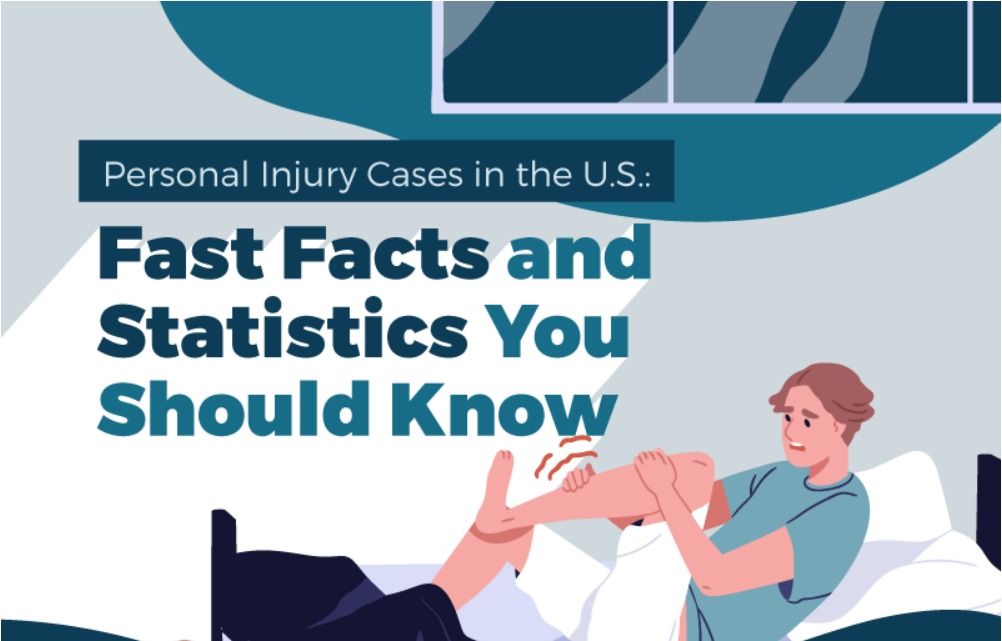
The student loan debt crisis is not a problem that affects only young people. Of the total student debt of $1.6 trillion as of December 2020, $336.1 billion, or about 22%, is owed by borrowers age 50 and older. This is an increase of more than five times since 2004.
A growing problem
The crisis has been challenging for households headed by older adults. In 1989, 3.1% of households headed by someone age 50 or more seniors had student loan debt, with a median of $10,073. In 2016, 9.6% of households headed by someone age 50 and older had student loan debt, and the average amount owed tripled to $33,053.
One of the main reasons student debt has become a burden is a combination of stagnant salaries and rising tuition costs. “Over the last three decades, the cost of attending a four-year college has more than doubled, even after adjusting for inflation, because state and local funding for higher education per student has decreased,” said the AARP Executive Director Jo Ann Jenkins in 2019. “Families’ incomes don’t even come close to matching that increase.”
Most older adults took on debt because they wanted to improve their skills and get a promotion or higher salary. Others decided to go back to school so they could change careers. Others borrowed money to pay for their children’s education, either by taking out PLUS loans—a federal loan for parents—or by co-signing for another type of loan. 25% of borrowers age 50 and older are making loan payments because the student didn’t.
Onerous debts
According to the Federal Reserve, the median student loan payment—meaning half are higher, and half are lower—is $222 a month. The average payment is $393.
While this amount may seem reasonable for a loan payment, it can be a significant burden for low-income borrowers, who often struggle to make student loan payments. It can be a complicated problem for retirees: The average Social Security retirement benefit is $1,543 per month, and for one in three seniors, Social Security is 90% of their income.
Unlike most other forms of debt, federal student loans generally can’t be discharged in bankruptcy, and the government can withhold your salary and up to 15% of your Social Security benefits for payment plans. In fiscal 2015 alone, nearly 114,000 borrowers age 50 and older had their Social Security benefits withheld to pay off delinquent federal student loans, according to a 2016 report from the Government Accountability Office. Half of those borrowers received Social Security disability benefits.
Student loan payments can also reduce retirement savings, says the Employee Benefit Research Institute, especially those who took out loans but didn’t finish college. “These families end up bearing the costs, but not the benefits, of attending college,” Craig Copeland, associate principal investigator at EBRI, said in a news release.
Get instant access to discounts, programs, services, and all the information you need to improve your quality of life.
Looking for solutions
Due to the pandemic, the federal government has placed student loans forgiveness until at least September 30, 2021. You will still owe the money, but no interest or penalties will accrue on these loans, representing 4 out of every 5 dollars owed on student loans.
Some companies, such as Aetna, Fidelity Investments, Estée Lauder, and Penguin Random House, have begun offering student loan repayment assistance as an employee benefit. The company usually provides an equivalent payment, up to a specific limit. At the moment, only 4% of companies offer a debt repayment option for employees, although, given the current economic crisis due to COVID, these programs could see slow growth.
Some borrowers have found relief with income-driven repayment plans, which increase the term of the loan and cap payments based on your income. Although these plans increase the repayment period of the debt, after a specific time — 10 years for borrowers in certain public service careers and 20 to 25 years for all others — the balance of the debt is forgiven. Other solutions, such as federally mandated student loan forgiveness, are also on the table.
The consequences of defaulting on a student loan can haunt you for years. If you’re having trouble making payments, talk to your lender to evaluate your options.






